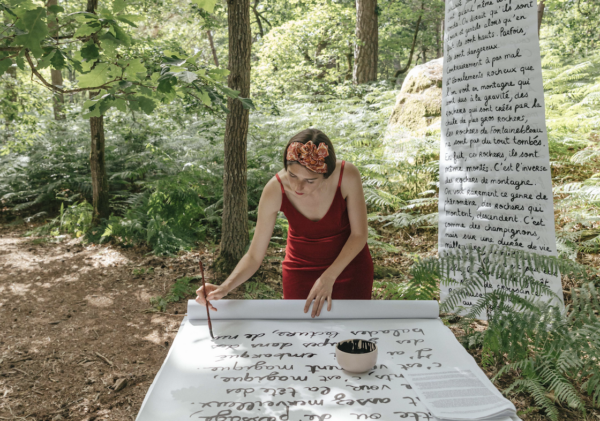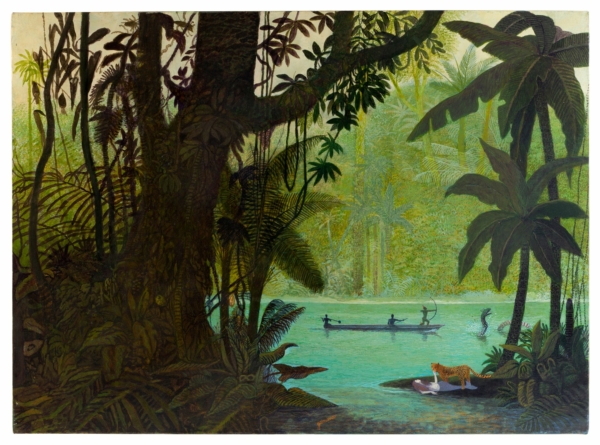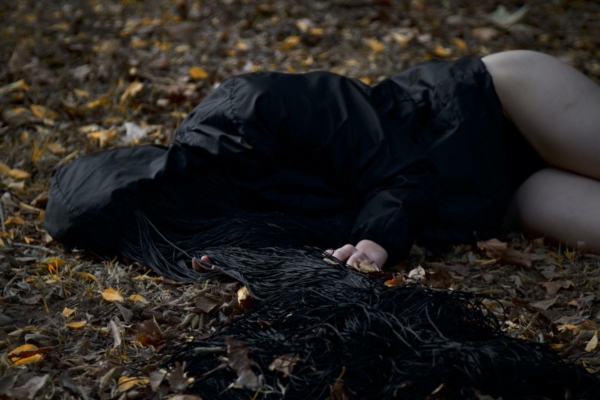
Appel à résidences – les Nuits des Forêts 2026
En 2026, le festival Nuits des Forêts invite les artistes à prêter l’oreille au vivant. À travers un appel à…

THE FUTURE OF BORDERS
Just three decades ago when current globalisation continuously pulled down walls of regulation and made all boundaries porous, the answer to this question had been clearly and definitely that the future is of a borderless world. Today, the world seems to go in the opposite direction and borders are coming back. The issues of refugees, migrant workers, transnational corporations, environmental disasters, national and ethnic identities, and so on, bring attention to borders of various forms, which bears on justice, human and nonhuman rights, democracy, and politics per se. The future of borders has come to the centre-stage of our present.
Insofar as contemporary art is related to this process, it is the proliferation of the biennials and their spread to different corners, often marginal regions, of the world, making themselves part of a large platform on which not only art from periphery can be seen but issues of global and local concerns can be shared, discussed, and debated. Under these circumstances, Autostrada Biennale is created. And at the hinge of our time, its first edition shall focus on various border problems.
The exhibition, along with its discursive and pedagogic events, will look at: How do nation-states and their system function to politicise (or depoliticise) cultural identities, to territorialize natural, cultural, and economic zones under capitalist competition and profit generating? How do local and regional resistances cope with geopolitical strategies of the state system? How does the citizen movement use different means, artistic and otherwise, to tackle border problems, to construct local identities or cross-border coalition?
In modernity, the city has developed along the culture-nature dividing line, establishing borders between urban and rural areas, between human and non-human environments. The city is rich in gender borders, ethnic borders, borders between the youth and the elderly, between outsiders and locals, between human and other species. While most of these borders in the city are invisible, overlapping and interconnected, their functioning constitutes the kernel of contemporary urban life. Artists, urbanists, activists and educators, are invited to reflect on these borders, particularly those in the city of Prizren which will result in site-specific interventions, public works, and workshops on urban design and activism.
The first edition of Autostrada Biennale will use Prizren’s opulent historic sites in accordance with the themes and forms developed in the art works. The Bus Station and its vicinity will roughly focus on is-sues of mobility, migration, national and ethnic borders. Spread out in the city center are some works related to the city life, history and cultural diversity. Across the Lumbardhi River at the Marash area, hillsides, and the Castle will find works related to ruins, human-natural environments, and the time-space beyond human borders. While the diverse positions of the artists can hardly be confined to sim-ple spatial deployment in the city, they are there to also help redefine Prizren’s topography through the interaction with the visitors.
Manray HSU
International Biennale of Contemporary Art “Autostrada Biennale”
19 August till 23 of September 2017
Prizren, Kosova
More information on : autostradabiennale.org
En 2026, le festival Nuits des Forêts invite les artistes à prêter l’oreille au vivant. À travers un appel à…
le Center for Art, Research and Alliances (CARA) à New York présente The Earth, the Fire, the Water, and the…
Et si la frontière entre l’humain et le non-humain n’était qu’une construction fictionnelle — et si ces fictions pouvaient être…

